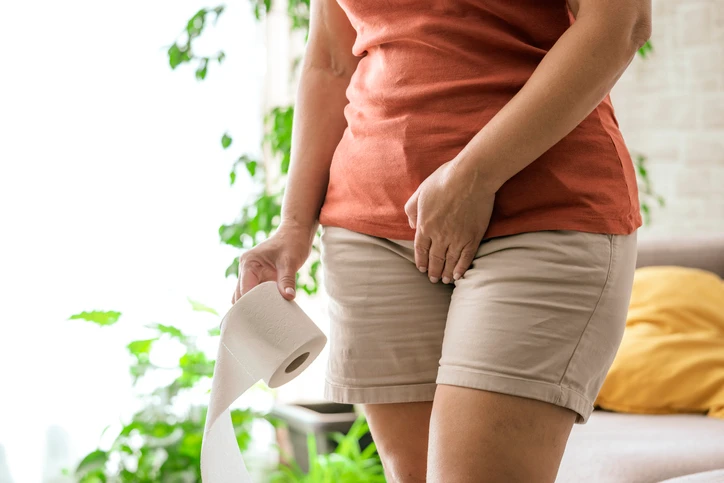
You haven’t had a good night’s sleep in ages. You’re up throughout the night to visit the bathroom and you can’t even begin to count how many times during the day you have to go. The urgency to urinate dominates your life.
Does this description of overactive bladder strike a chord with you? Believe it or not, it resonates with about 13 million people in the U.S., because that’s the estimated number affected by this medical condition.
Overactive bladder can severely disrupt a person’s quality of life. Fortunately, we have the expertise and experience at Aguirre Specialty Care to help treat your condition and restore your well-being.
Do you suspect you suffer from overactive bladder? Here are the major symptoms:
- Urinary urgency (a sudden, intense desire to urinate)
- Urinating more than eight times per night
- Nocturnia (being awakened by the urge to urinate more than one time per night)
- Experiencing sudden urge to urinate when you hear running water or approach a bathroom
Do you have wet overactive bladder or dry overactive bladder?
Did you know there are two kinds of overactive bladder? Wet overactive bladder involves urgency to urinate with leakage of urine, whereas dry overactive bladder occurs without leakage. Wet overactive bladder may occur in specific situations. For example, the urgency to urinate may be brought on by hearing running water or getting close to a bathroom. With wet overactive bladder, you may be unable to stop the leakage before reaching the toilet, resulting in a large loss of urine.
The causes of overactive bladder
Overactive bladder is caused when the bladder muscle contracts unpredictably, causing frequent urination or the sudden, strong urge to urinate with or without leakage of urine. These involuntary bladder muscle contractions are believed to be due to the bladder nerves malfunctioning. Risk factors include age, obesity, pelvic surgery and the presence of neurological conditions, such as diabetes, stroke, Parkinson’s disease and multiple sclerosis. It is important to have a medical evaluation of the symptoms of overactive bladder because they can also be related to urinary tract infections, bladder stones or bladder tumors.
Treatment
Both non-surgical and surgical treatment options are available for overactive bladder.
Non-surgical treatment options include:
- Kegel exercises
- Pelvic floor therapy
- Low-dose vaginal estrogen
- Overactive bladder medications
- BOTOX®
Surgical treatment options include:
Sacral neuromodulation/sacral nerve stimulation with InterStim™ Therapy or Axonics® Therapy.
To learn more about overactive bladder and treatments, please call 303-322-0500 or request a consultation today!



